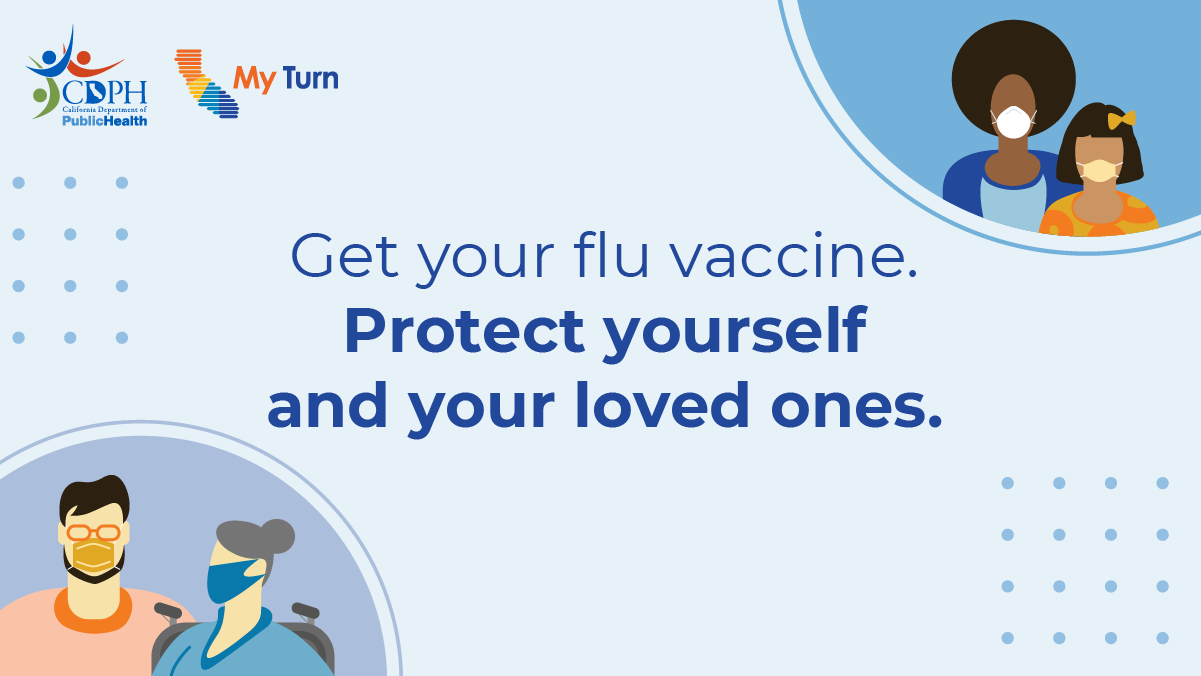Pan-Respiratory Diseases (Influenza, RSV, COVID-19) Dashboard - 2023-2024 Season
Flu Symptoms
Influenza (also known as the flu) is a contagious respiratory illness caused by flu viruses. It can cause mild to severe illness, and at times can lead to death. The flu is different from a cold. The flu comes on suddenly. People who have the flu often feel some or all of these symptoms:
- Fever
- Cough
- Sore throat
- Runny or stuffy nose
- Muscle or body aches
- Headaches
- Fatigue (tiredness)
- Vomiting and diarrhea
Most people who get the flu recover in a few days to less than two weeks, but some people will develop complications (such as pneumonia) as a result of the flu, some of which can be life-threatening and result in death.
People at High Risk for Flu
Some people are at high risk of developing serious flu-related complications if they get sick. This includes people 65 years and older, people of any age with certain chronic medical conditions (such as asthma, diabetes, or heart disease), pregnant women, and young children.
Get the Flu Shot....Not the Flu!


Get vaccinated to protect you and your family. An annual flu shot is recommended for everyone six months of age and older who do not have contraindications to the vaccine. It takes two weeks for the body to build up protection after getting the vaccine so get vaccinated early, preferably by the end of October. The flu vaccine is especially encouraged this year.
Where to get the flu vaccine:
Other Preventive Actions
Remember to also take every day preventive actions to stop the spread of germs:
- Cough and sneeze into your sleeve
- Wash hands often with soap and water
- Avoid touching your eyes, nose, and mouth
- Avoid contact with sick people
- Stay home if you are sick
